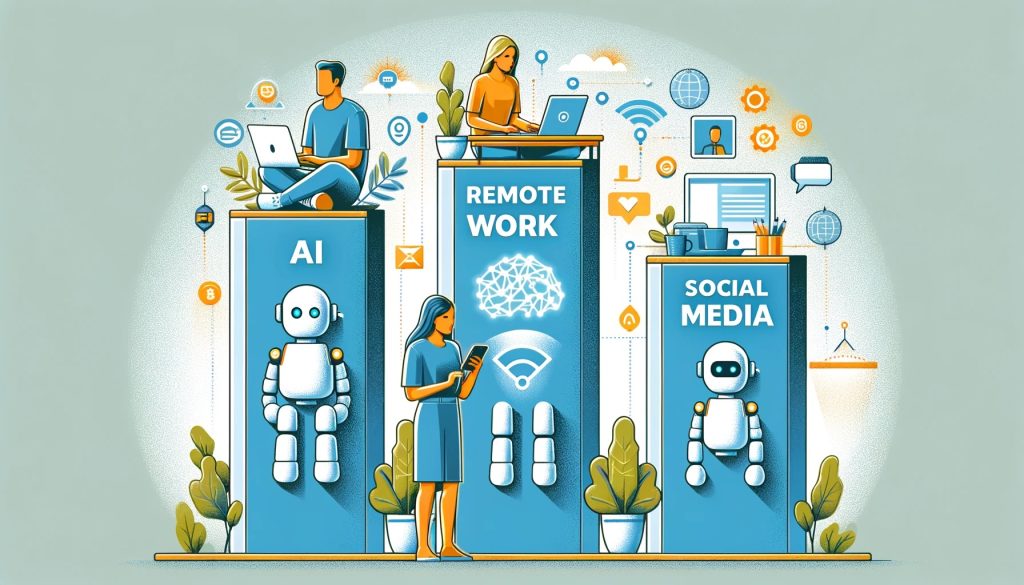Why AI is the Key to Creating a Positive Community on Social Media Platforms
Artificial Intelligence AI is proving essential to fostering positive communities on social media platforms, where it plays a vital role in content moderation, engagement analysis, and user experience enhancement. Social media has become a powerful tool for connection and expression, but it also poses challenges, including cyberbullying, misinformation, and hate speech. Here, AI steps in as a powerful mechanism to ensure these platforms remain safe and constructive environments. For example, AI-powered algorithms can identify inappropriate or harmful content by scanning for keywords, analyzing images, and even detecting patterns in user behavior that may indicate harmful intent. With machine learning models trained on vast datasets, these systems are becoming better equipped to identify nuanced forms of harmful content and remove it before it reaches a large audience. This proactive approach allows for real-time responses to negative behavior and minimizes the emotional impact on users who might otherwise be exposed to damaging content. Another significant contribution of AI lies in its ability to personalize user experiences, which can significantly enhance the sense of community on social media platforms.

AI-driven recommendation engines analyze user interactions, interests, and previous engagement to tailor content suggestions and group recommendations, making it easier for users to connect with like-minded individuals. By guiding users toward groups, pages, or accounts that align with their values and interests, AI helps foster communities rooted in shared positive experiences. This intentional, personalized approach to content can make users feel more engaged and invested in the platform, which encourages a more supportive and harmonious atmosphere. AI also plays a crucial role in promoting inclusivity and accessibility on social media. Natural language processing NLP and sentiment analysis tools can assess public sentiment and analyze how certain topics are resonating within specific communities. Social media platforms can leverage this data to prioritize content and voices that contribute to constructive discussions, thereby amplifying underrepresented perspectives and fostering inclusivity. Additionally, AI-powered accessibility features, like automated captioning and text-to-speech capabilities, allow individuals with disabilities to participate fully in the social media experience, which not only broadens the reach of online communities but also enriches them with diverse perspectives.
Moreover, AI reply can aid in managing misinformation, a critical issue that undermines trust and positive interaction within online communities. Using AI, platforms can detect misleading information through content verification systems and flag questionable posts before they go viral. These systems cross-reference data with reliable sources, helping to counter misinformation effectively. Although AI alone cannot entirely prevent the spread of false information, it can significantly reduce its visibility, creating an environment where accurate information is prioritized. In conclusion, the integration of AI in social media platforms offers a comprehensive solution to many challenges associated with building positive online communities. By moderating harmful content, personalizing user experiences, promoting inclusivity, and combating misinformation, AI has the potential to transform social media into a safer, more engaging, and supportive space for all users. While challenges remain, continued advancements in AI technology promise to refine these capabilities, ultimately enabling social media platforms to foster genuine connections, elevate constructive discourse, and cultivate communities grounded in respect and inclusivity.
